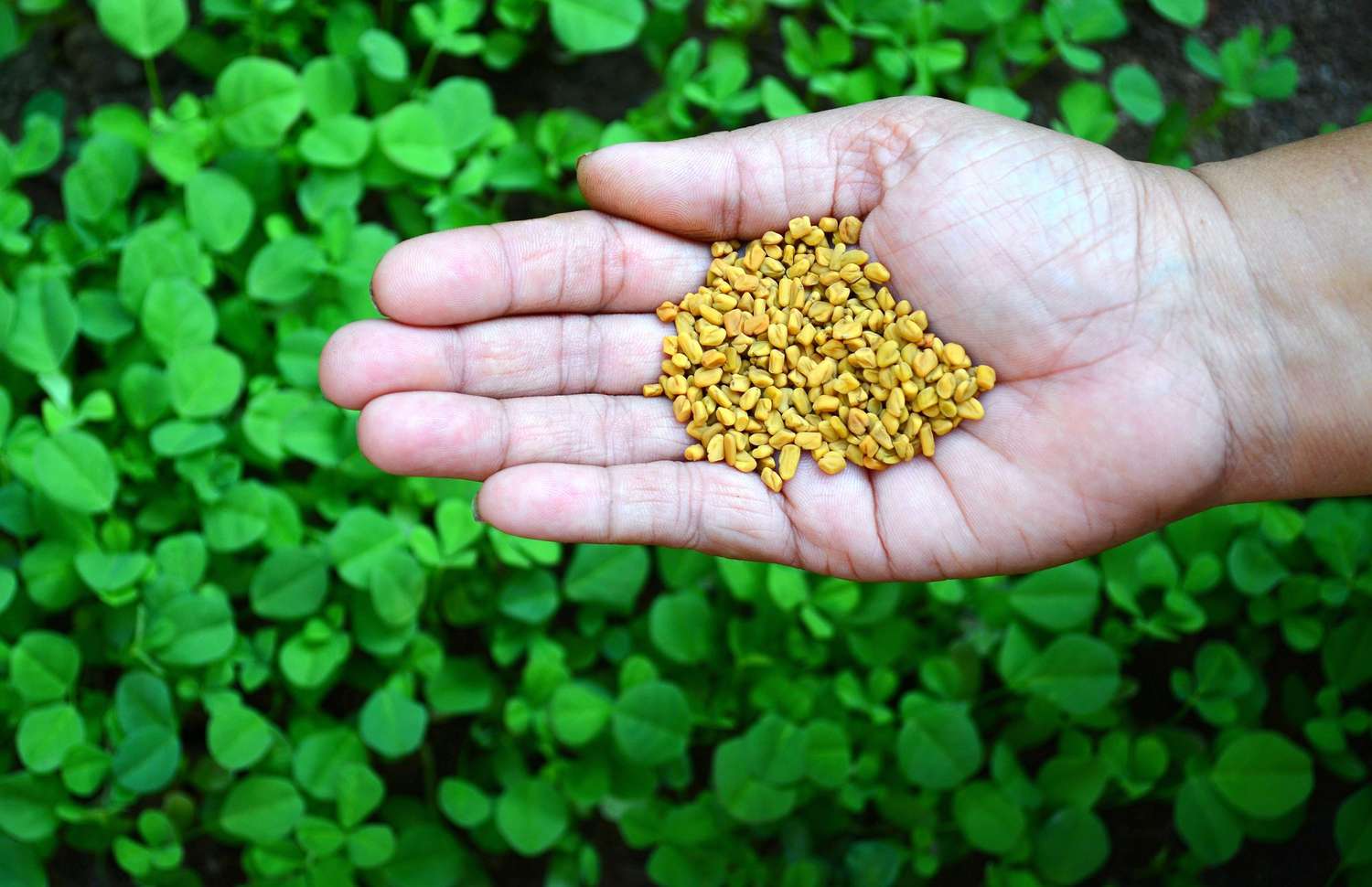
Fenugreek might sound like a fancy herb, but it's more common than you think. This plant, known for its slightly sweet, nutty flavor, has been used for centuries in cooking, medicine, and even beauty routines. Ever wondered what makes fenugreek so special? Fenugreek seeds are packed with nutrients like fiber, protein, and iron. They can help with digestion, reduce inflammation, and even boost milk production in nursing mothers. Plus, fenugreek leaves add a unique taste to dishes, making them a favorite in many cuisines. Ready to learn more? Here are 20 facts about fenugreek that will surprise you!
Key Takeaways:
- Fenugreek is a versatile herb packed with nutrients like fiber, protein, and vitamin C, offering benefits like improved digestion, heart health, and immune system support.
- This Mediterranean herb has a rich history, from being used in embalming by the ancient Egyptians to its sacred status in Indian culture, and its name meaning "Greek hay" in Latin.
What is Fenugreek?
Fenugreek, a plant native to the Mediterranean region, southern Europe, and western Asia, has been used for centuries in cooking and traditional medicine. Its seeds and leaves are known for their distinctive flavor and numerous health benefits. Let's dive into some fascinating facts about this versatile herb.
Nutritional Profile of Fenugreek
Fenugreek is packed with essential nutrients that contribute to its health benefits. Here are some key nutritional facts:
- Fenugreek seeds are rich in fiber, which aids in digestion and helps maintain a healthy gut.
- They contain protein, making them a good addition to vegetarian and vegan diets.
- Fenugreek is a good source of iron, which is crucial for producing red blood cells and preventing anemia.
- The seeds also provide magnesium, important for muscle and nerve function.
- Fenugreek leaves are high in vitamin C, which boosts the immune system.
Health Benefits of Fenugreek
Fenugreek has been used in traditional medicine for its numerous health benefits. Here are some of the most notable ones:
- Fenugreek can help lower blood sugar levels, making it beneficial for people with diabetes.
- It may reduce cholesterol levels, promoting heart health.
- The herb has anti-inflammatory properties, which can help alleviate pain and swelling.
- Fenugreek is known to boost milk production in breastfeeding mothers.
- It can aid in weight loss by suppressing appetite and increasing feelings of fullness.
Culinary Uses of Fenugreek
Fenugreek is a staple in many cuisines around the world. Its seeds and leaves add a unique flavor to various dishes. Here are some culinary facts:
- Fenugreek seeds are often used in Indian cuisine, particularly in spice blends like curry powder.
- The leaves, known as methi, are used in Indian dishes such as methi paratha and methi chicken.
- In Middle Eastern cuisine, fenugreek is used to make hilbeh, a traditional Yemeni dip.
- Fenugreek seeds can be sprouted and added to salads for a crunchy texture.
- The seeds are also used to make fenugreek tea, which has a slightly bitter taste.
Historical and Cultural Significance
Fenugreek has a rich history and cultural significance in various parts of the world. Here are some interesting historical facts:
- Ancient Egyptians used fenugreek seeds in embalming and as a remedy for various ailments.
- The herb was mentioned in ancient Greek and Roman texts for its medicinal properties.
- Fenugreek has been used in traditional Chinese medicine for centuries to treat various health conditions.
- In India, fenugreek is considered a sacred plant and is often used in religious rituals.
- The name "fenugreek" comes from the Latin word "foenum-graecum," meaning "Greek hay," reflecting its historical use as animal fodder.
Fenugreek's Fascinating Facts
Fenugreek packs a punch in both the kitchen and the medicine cabinet. This humble herb, known for its distinctive flavor and health benefits, has been a staple in various cultures for centuries. From aiding digestion to boosting milk production in nursing mothers, fenugreek's versatility is impressive. Its seeds and leaves are used in a variety of dishes, adding a unique taste that's hard to miss. Plus, its potential to help manage blood sugar levels and reduce inflammation makes it a valuable addition to any diet.
Whether you're a seasoned cook or someone looking to improve your health, fenugreek offers something for everyone. So next time you're at the grocery store, consider picking up some fenugreek. You might just find it becomes a favorite in your kitchen and your wellness routine.
Frequently Asked Questions
Was this page helpful?
Our commitment to delivering trustworthy and engaging content is at the heart of what we do. Each fact on our site is contributed by real users like you, bringing a wealth of diverse insights and information. To ensure the highest standards of accuracy and reliability, our dedicated editors meticulously review each submission. This process guarantees that the facts we share are not only fascinating but also credible. Trust in our commitment to quality and authenticity as you explore and learn with us.


